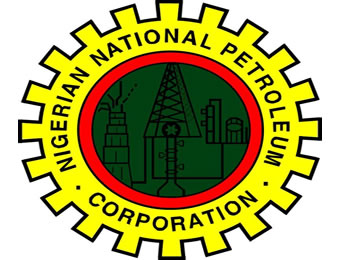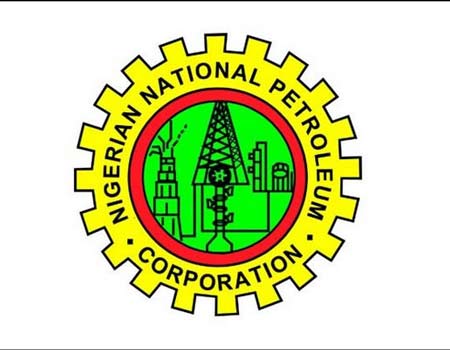Speaking at a workshop at the weekend organised by the Nigeria Natural Resource Charter (NNRC) in Lagos, in his presentation titled: “The Case of NNPC Refineries and Pipelines within Nigeria”, Mr Alarudeen Aminu, of Centre for Petroleum, Energy Economics and Law (CPEEL), stated that, “The small contribution of NNPC refineries and pipelines across measures can be related to the sector’s low capacity utilisation which is 18 per cent for quite some time now.
“This has led to an unprecedentedly high importation of its products at the expense of the economy as every item of import is a leakage in the system.”
He argued further that the sector has also been running at a huge loss thereby reducing its contribution to the economy.
“There is a need for concerted efforts to promote accountability in the management and turn-around-maintenance of the refineries. The existing refineries and pipelines at full capacities appear inadequate to fully satisfy domestic demand for petroleum products as a rigorous CGE modelling exercise reveals. The importation is making negative contribution to the economy.
“A nation-wide system of pipelines should be developed to boost the use of pipelines to transport petroleum products at reduced cost as there will be no long distance transporting of oil/gas resources by trailers with the attendant risks and loss of property and lives,” he concluded.
In his opening remarks, former Minister of State for Petroleum Resources, and chairman of the Expert Advisory Panel of NNRC, Odein Ajumogobia, stated that “30 years ago, the commercialisation of the NNPC transformed it into a holding company with 12 subsidiary companies covering the entire spectrum of the industry’s operation – the National Petroleum Investment Management Services (NAPIMS), the Nigerian Petroleum Development Company (NPDC), The Nigerian Gas Company (NGC), The Products and Pipelines Marketing Company (PPMC), the Integrated Data Services Limited (IDSL), the Nigerian LNG limited (NLNG), the National Engineering and Technical Company Limited (NETCO), the Hydrocarbon Services Nigeria Limited (HYSON), and the three refineries – the Warri Refinery and Petrochemical Co. Limited (WRPC), the Kaduna Refinery and Petrochemical Co. Limited (KRPC), the Port Harcourt Refining Co. Limited (PHRC), and the Eleme Petrochemicals Co. Limited (EPCL).
“The most recent reorganisation took place at the end of 2015 with the restructuring of the corporation into five business units with a focus on business: Upstream, Downstream, Refineries, Gas and Power and a separate unit to supervise the rest of the corporation as it was prior to the 1988 reorganisation.”
He commended the corporation’s new leadership for quickly identifying 20 critical issues that needed to be addressed in order to re-position the 41-year-old national oil corporation on the track of efficiency and profitability.
The targets included: reducing and auditing cost, restructuring corporate centre and staffing, renegotiating existing contracts, including PSCs, streamlining subsidy management, boosting pipeline security, enhancing transparency and accountability, achieving zero tolerance for corruption, rebranding NNPC and unbundling PPMC.







